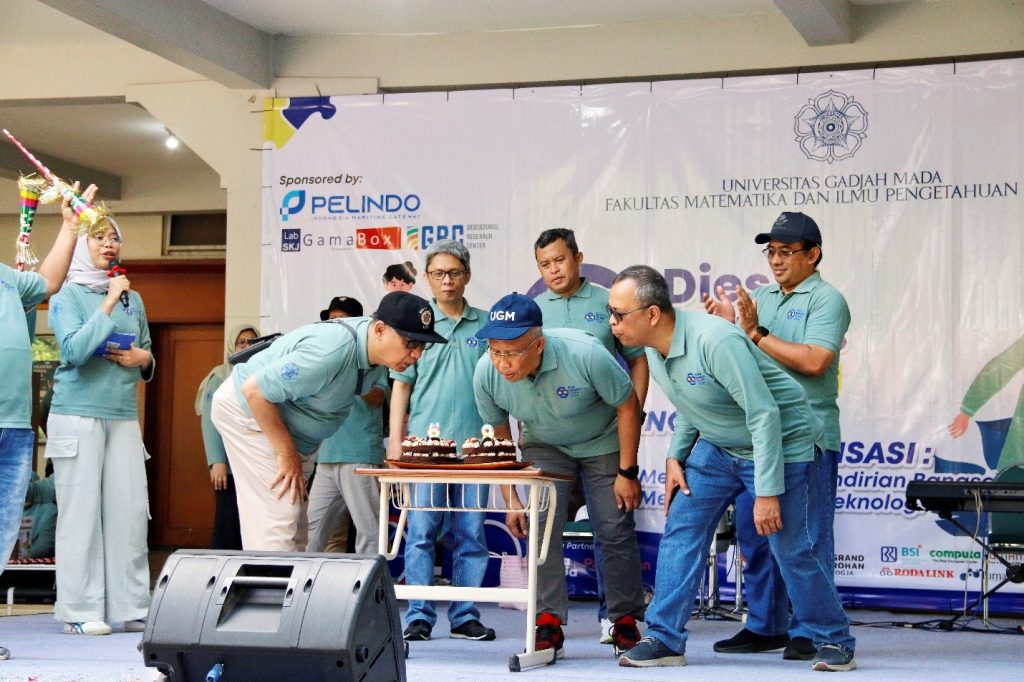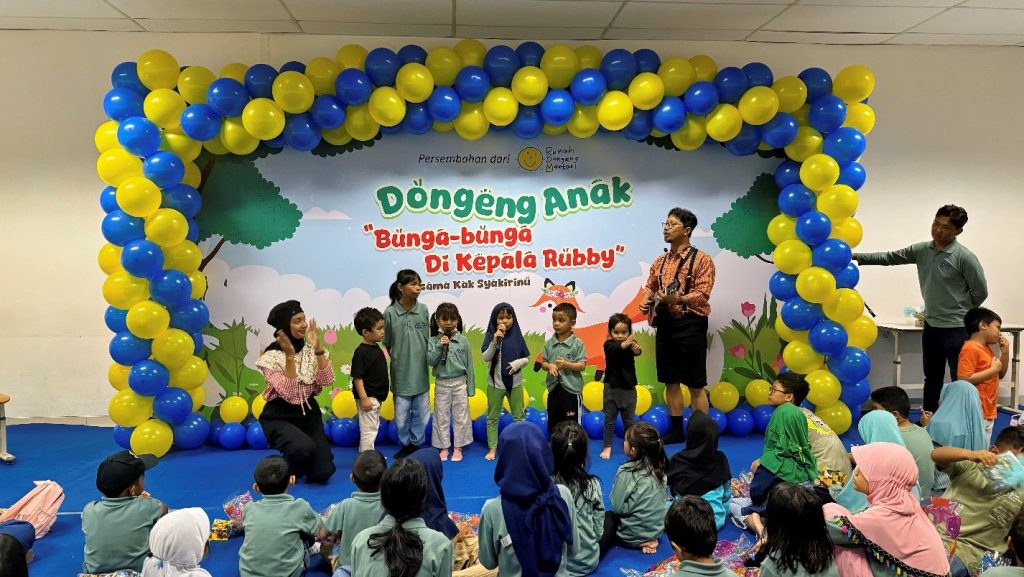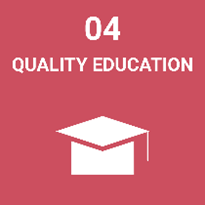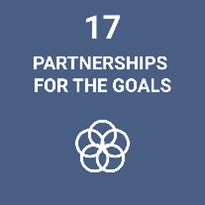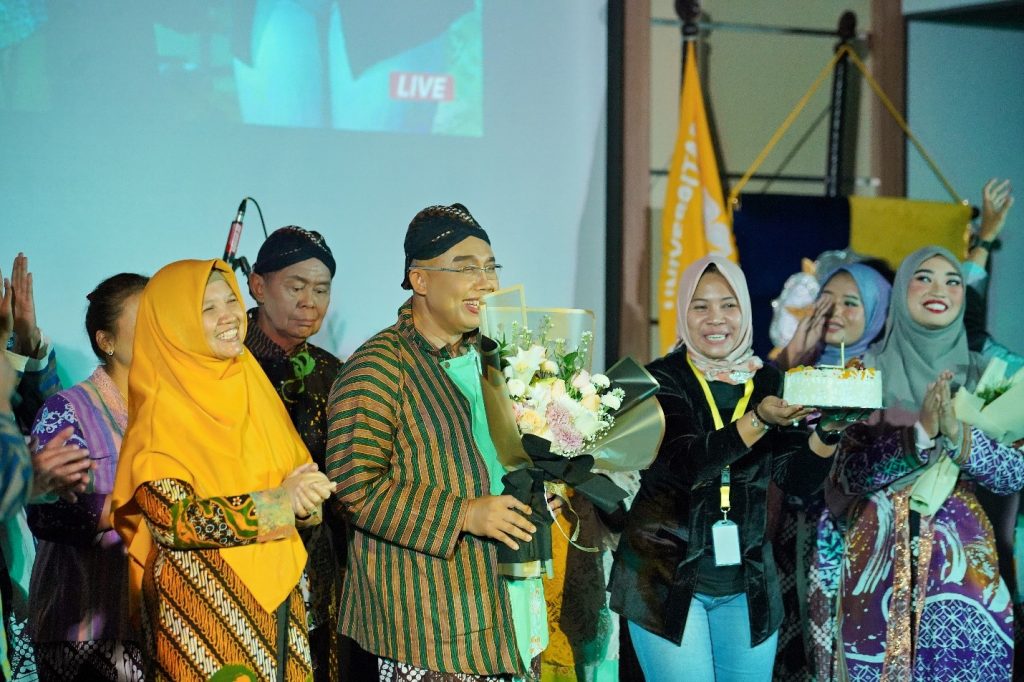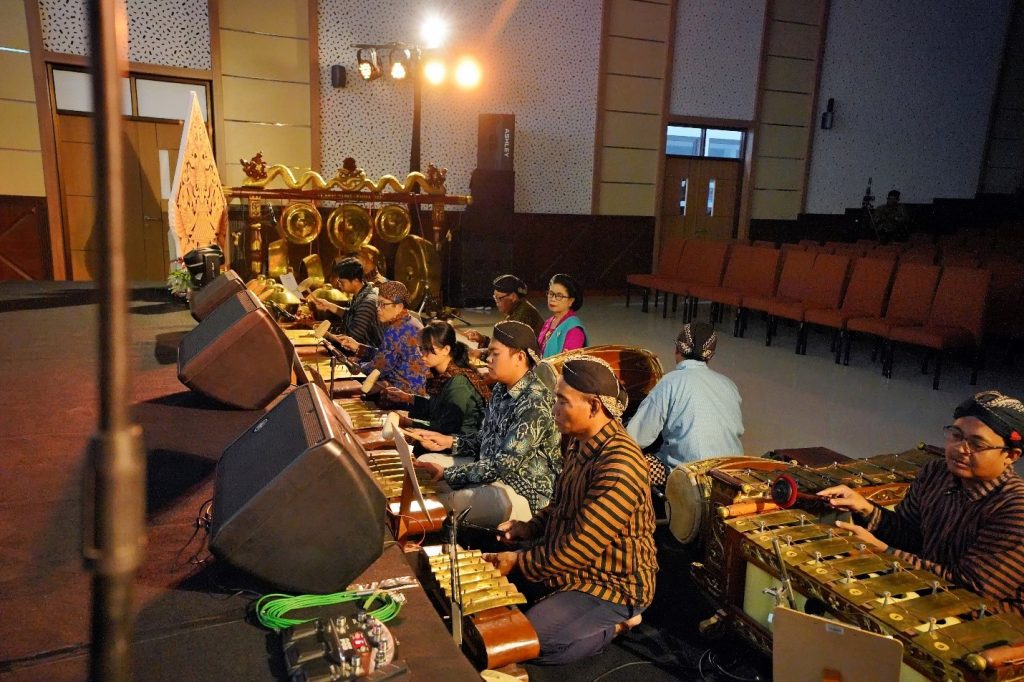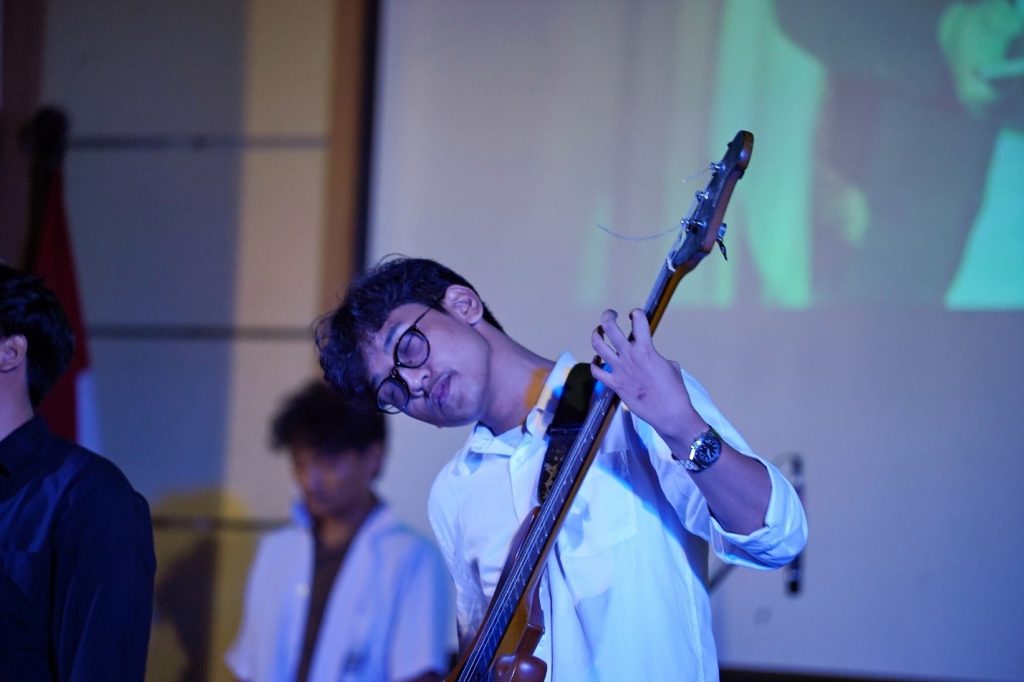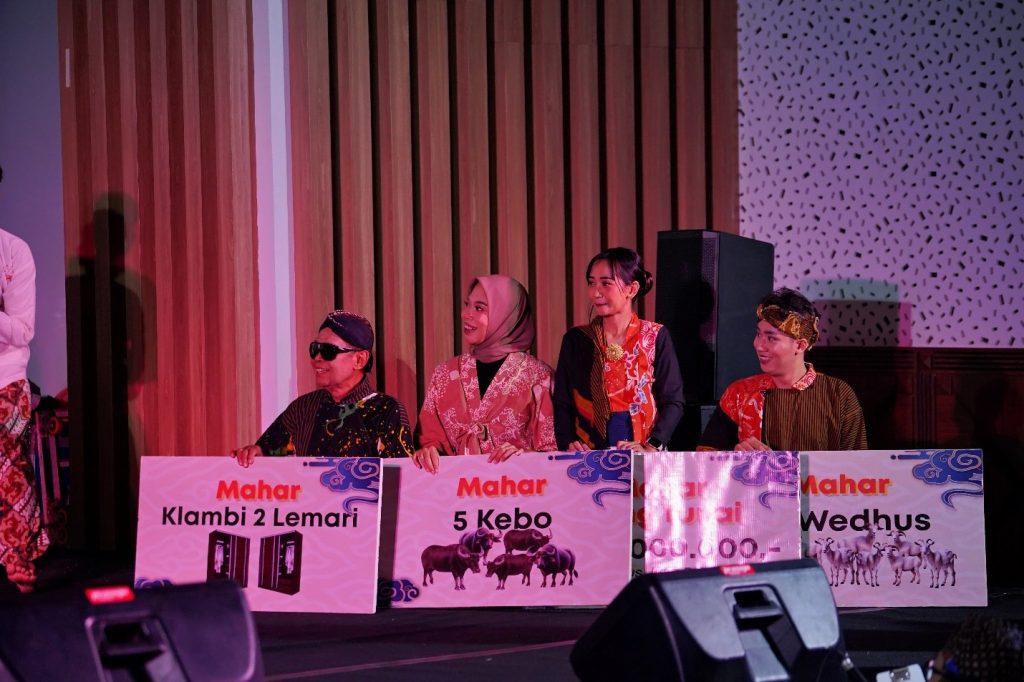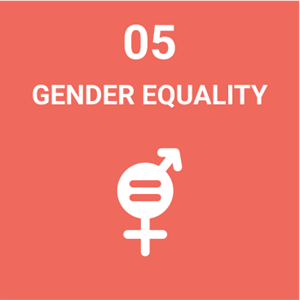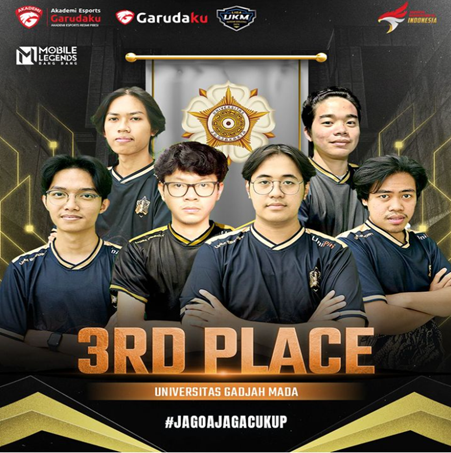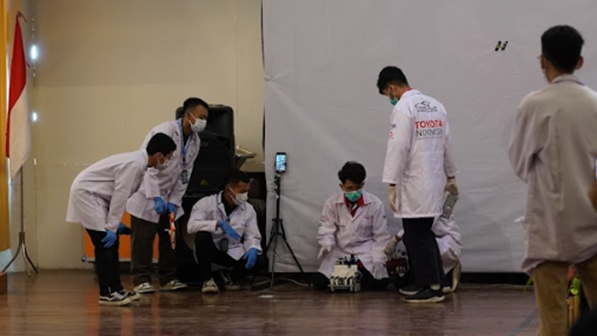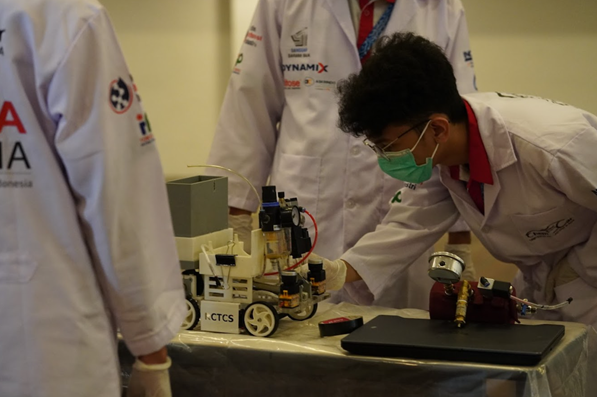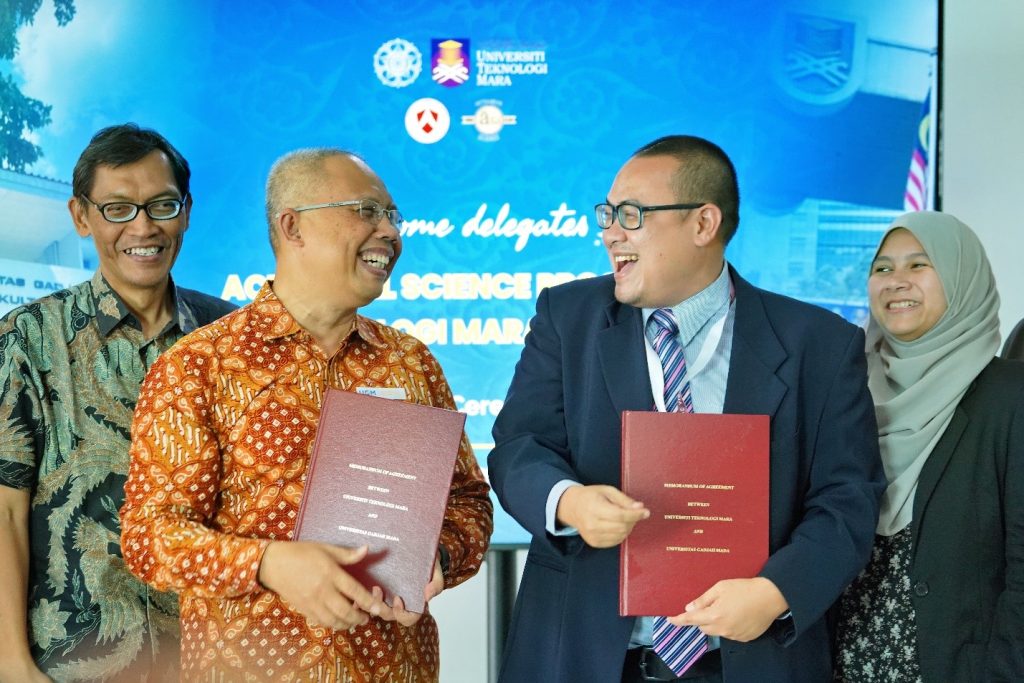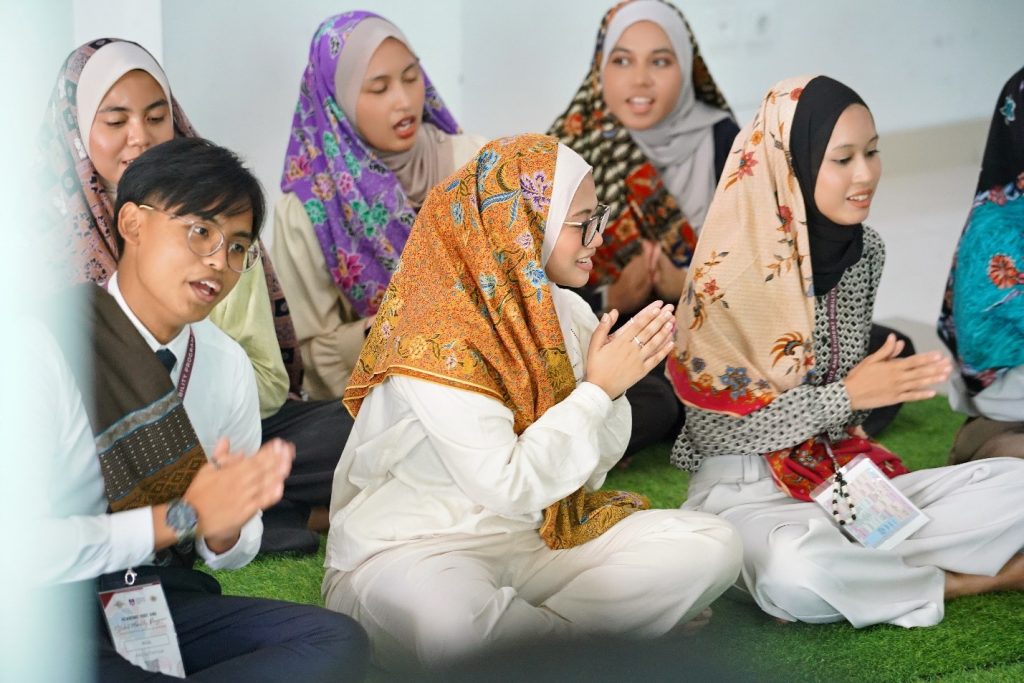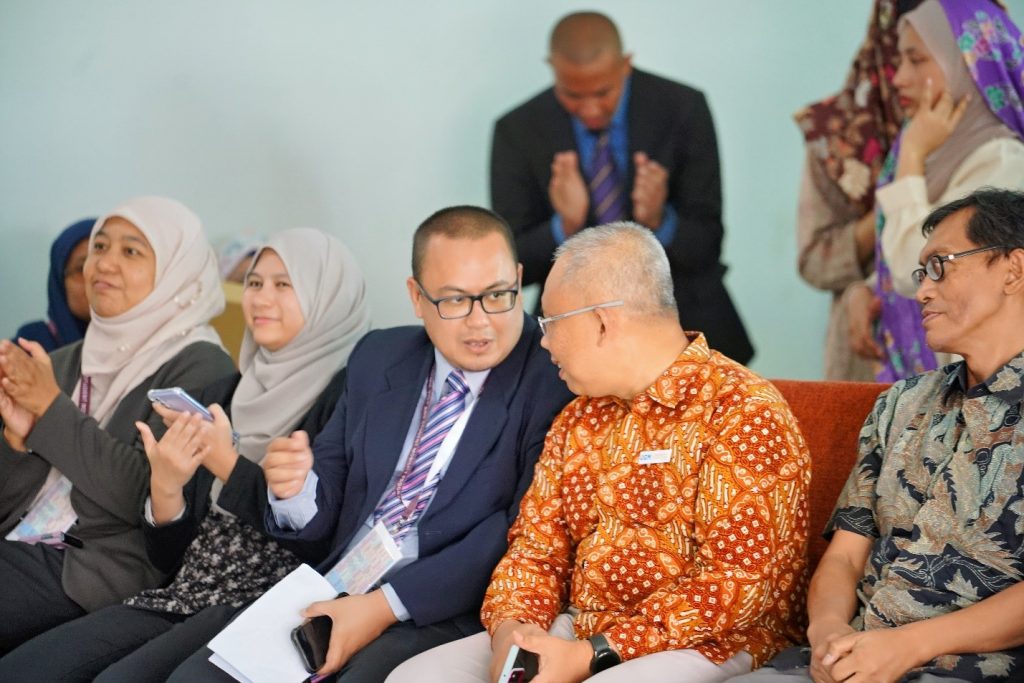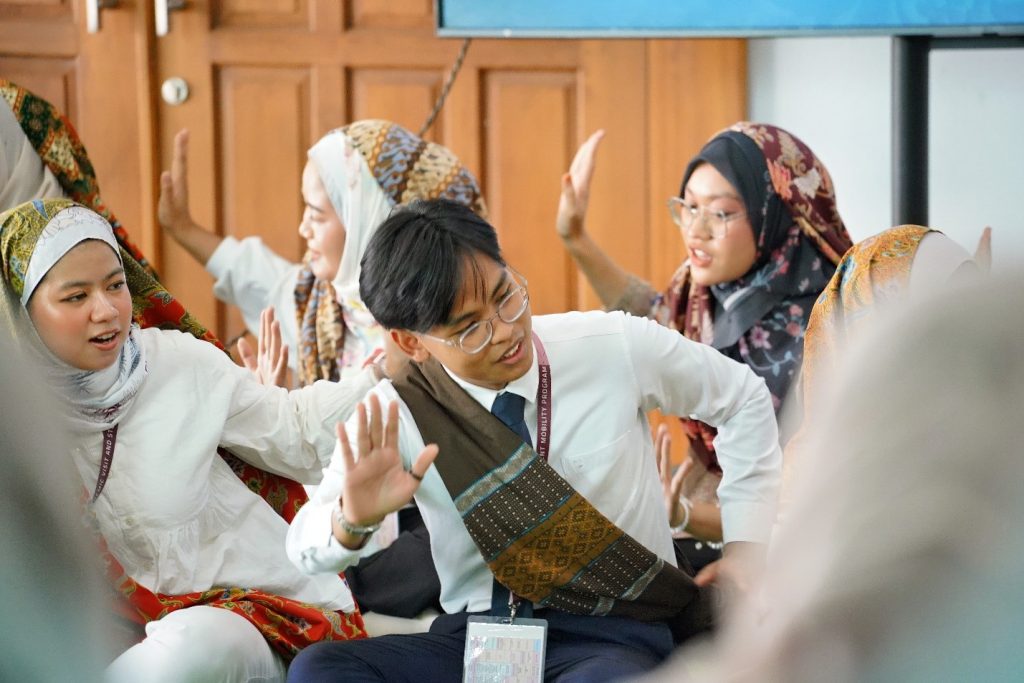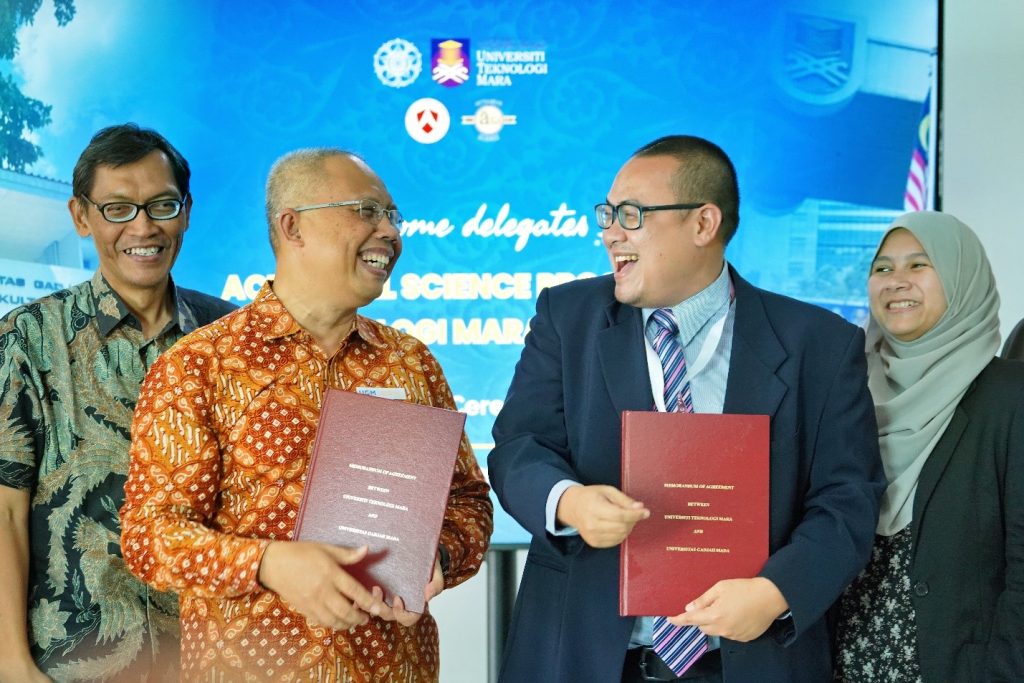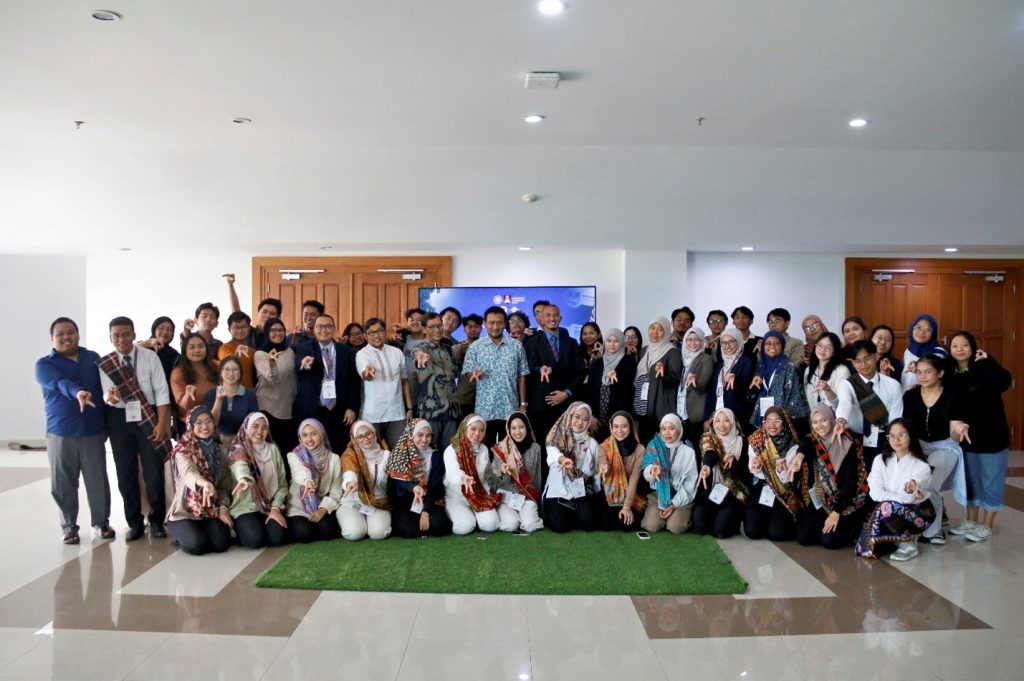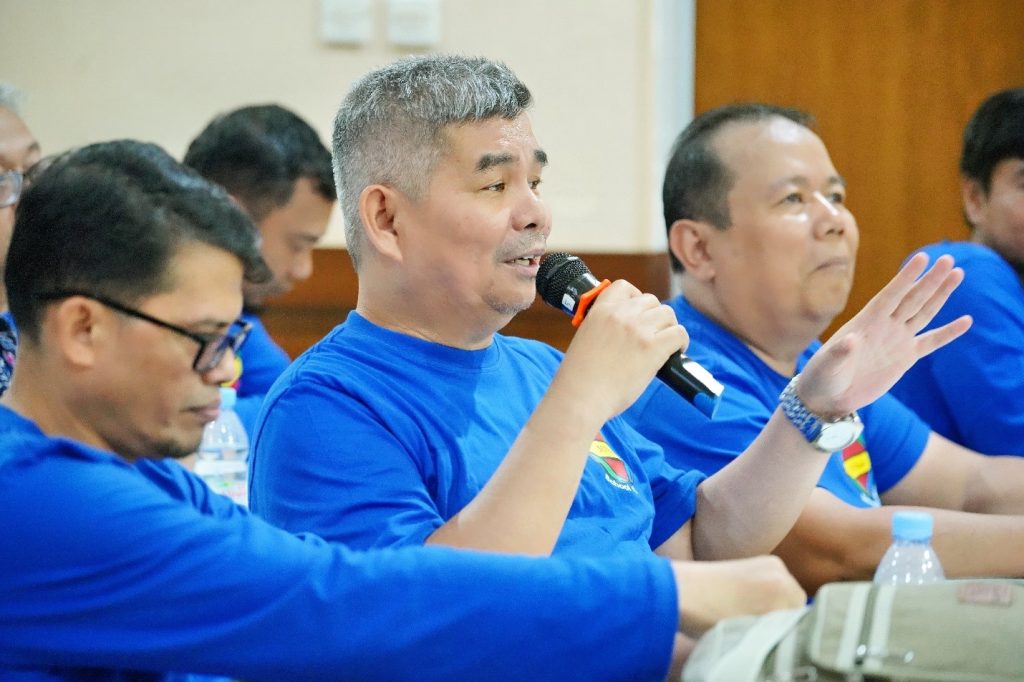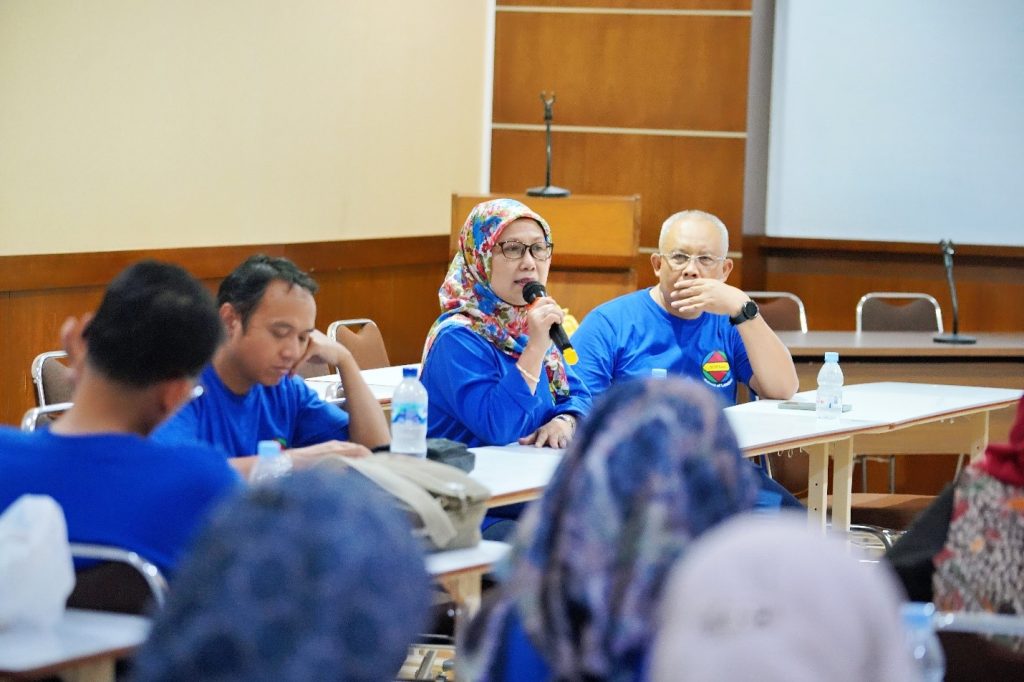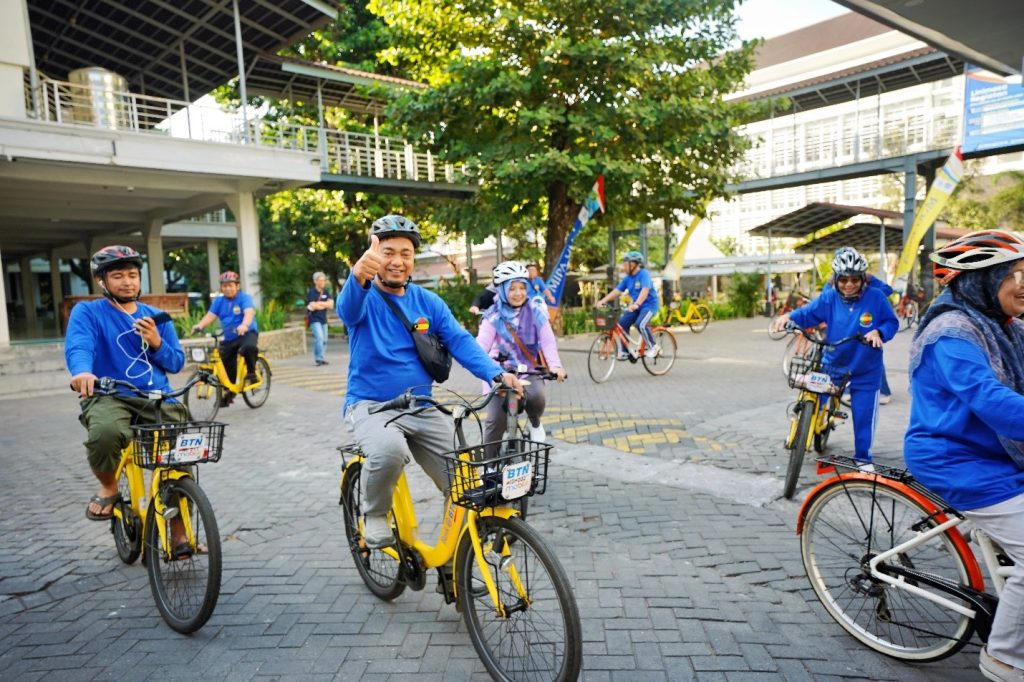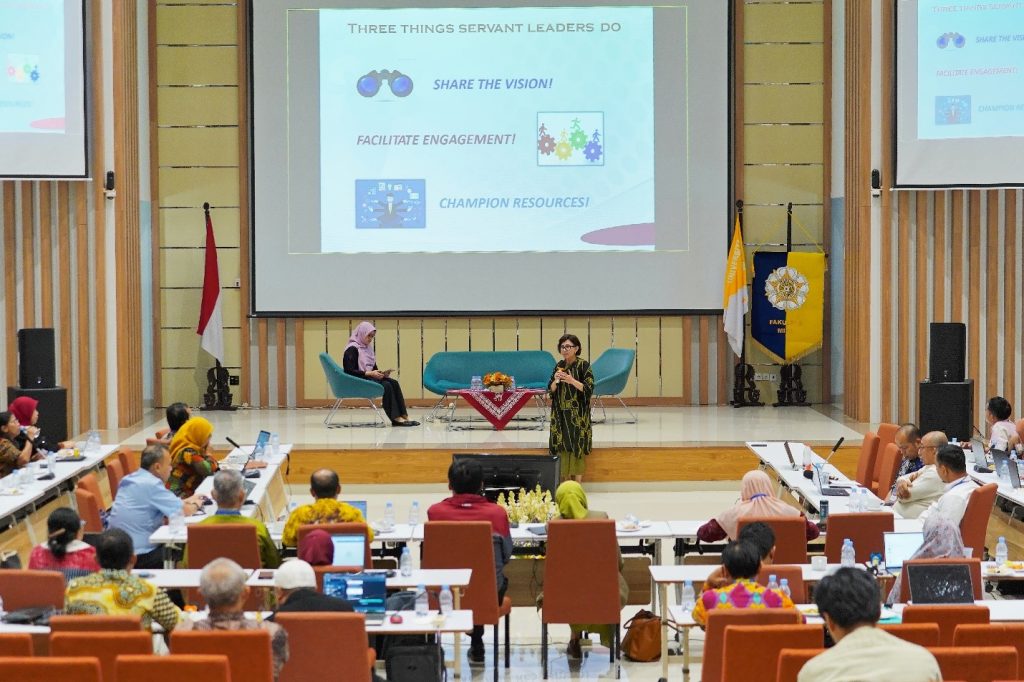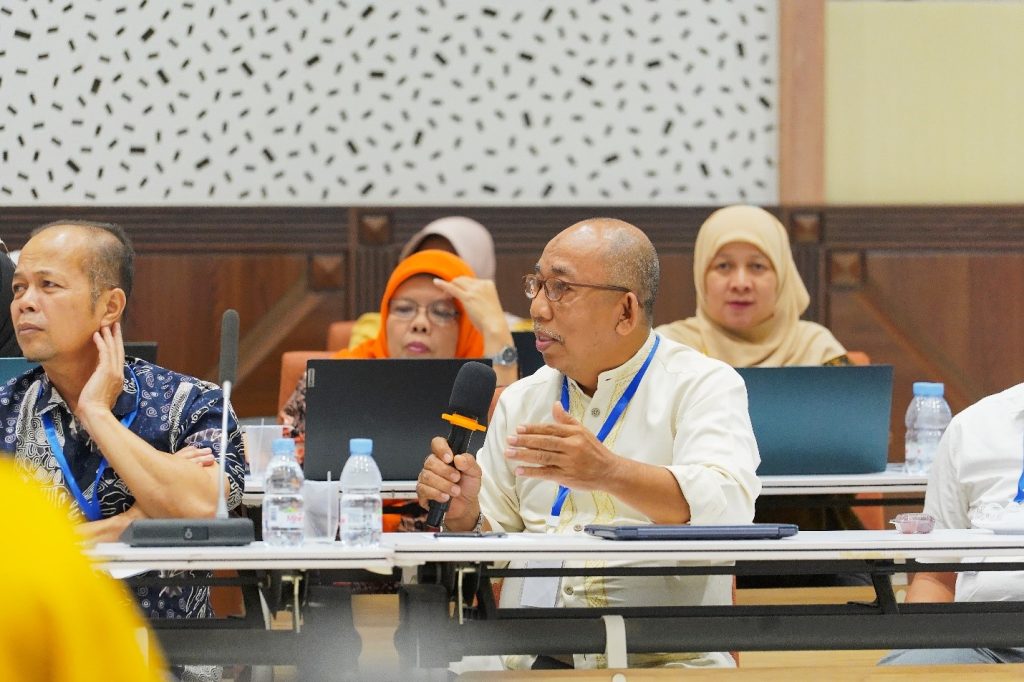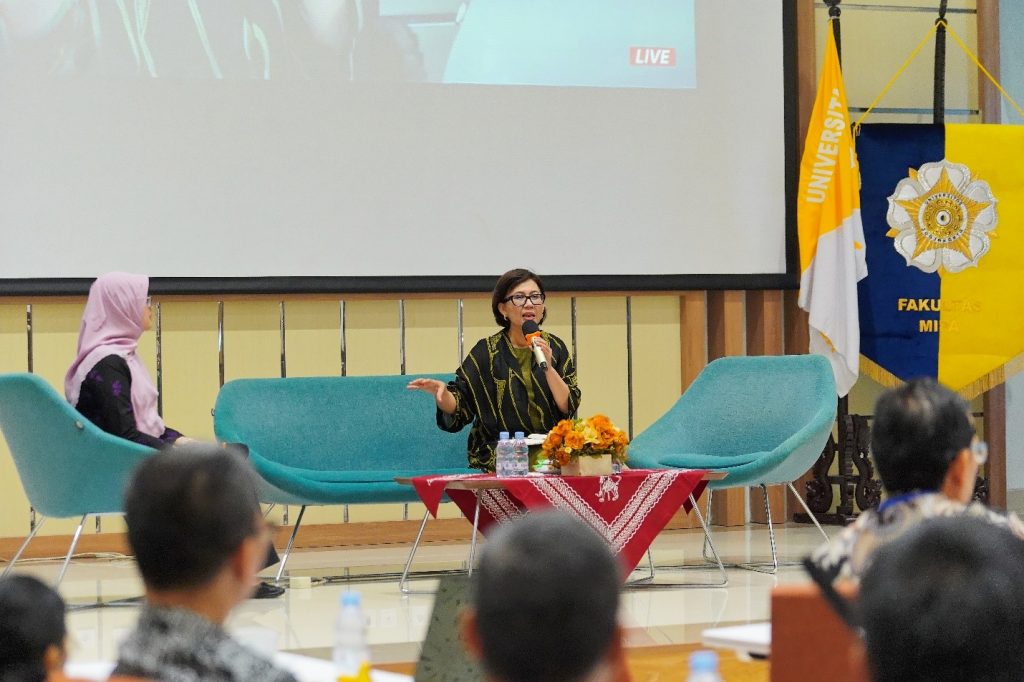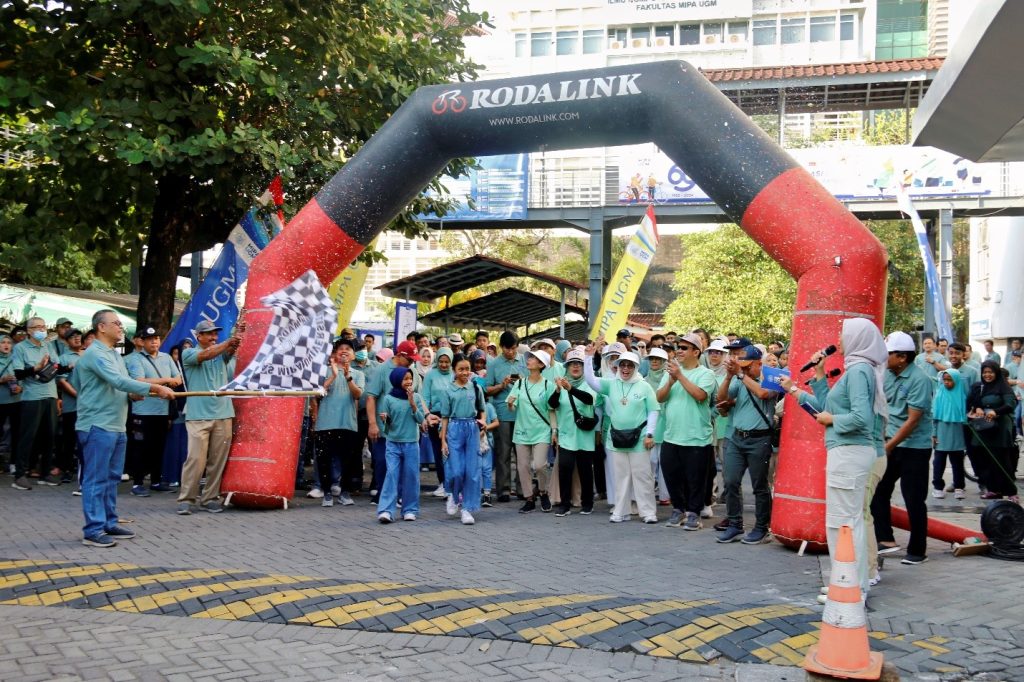
Menuju Puncak Perayaan Dies Natalis ke-69, FMIPA UGM Gelar Family Gathering
FMIPA UGM menyelenggarakan Family Gathering 2024 yang merupakan salah satu rangkaian acara dari dies natalis ke-69 pada Minggu, 15 September 2024 di lingkungan kampus FMIPA UGM. Kegiatan ini bertujuan dalam mempertemukan alumni FMIPA UGM serta mempererat silahturahmi antar alumni dalam balutan acara santai dengan membawa anggota keluarga.
“Senang sekali bisa ikut terlibat dan mendapatkan doorprize. Dua kali ikut dies natalis dan dapet doorprize terus. Dulu dapet kipas angin portable sekarang dapet sepeda lipat. Dies makin seru, makin rame, hadiahe makin banyak serta acaranya ga monoton,” papar Rini selaku alumni FMIPA UGM.
Beragam suguhan acara dan hiburan disajikan mulai pukul 6 pagi hingga siang hari. Berbagai alumni dari berbagai tahun turut hadir baik sebagai tamu atau pengisi acara. Beberapa acara Family Gathering terdiri atas jalan sehat, sambutan, pemotongan kue, kelas dongeng untuk anak, pembagian hadiah, sek kesehatan, hiburan, dan makan-makan. Acara dibuka oleh beberapa pihak seperti Dekan FMIPA UGM, Prof. Dr. Eng. Kuwat Triyana, M.Si.
“MIPA menjadi kebanggan kita bersama. MIPA sedang menjadi percontohan transformasi bagi fakultas-fakultas lain. Sekarang, kalau ditanya ga perlu malu lagi ditanya alumni mana. Saya MIPA UGM. Semoga masih berlanjut transformasinya. Selamat ulang tahun FMIPA UGM!” papar Arif, selaku pengurus Kamipagama (Keluarga Alumni MIPA UGM).
Family Gathering yang diselenggarakan oleh FMIPA UGM menjadi cerminan dari SDGs nomor 4 yaitu Pendidikan Berkualitas dan nomor 11 yaitu Kota dan Pemukiman yang Berkelanjutan melalui peningkatan keterampilan mahasiswa, dosen, dan pegawai FMIPA untuk berkolaborasi dalam acara. Kemudian, acara ini menjadi implementasi dari SDGs nomor 9 yaitu Industri, Inovasi, dan Infrastruktur serta nomor 17 yaitu Kemitraan untuk Mencapai Tujuan melalui perluasan kerja sama di bidang inovasi dan industri antara FMIPA UGM dengan alumni dan mitra.
Penulis: Febriska Noor Fitriana
Dokumentasi: Tim Media FMIPA UGM
